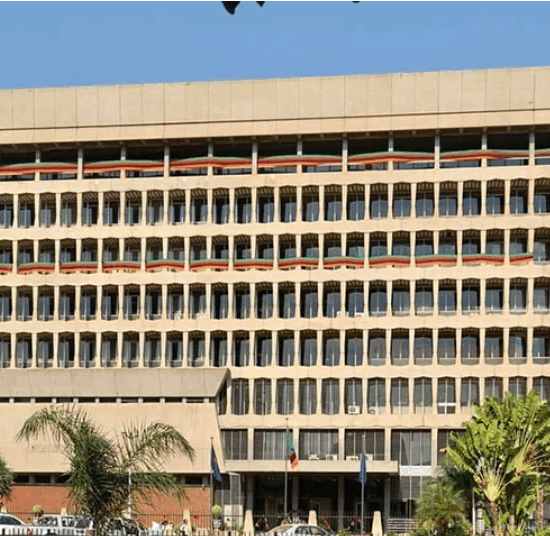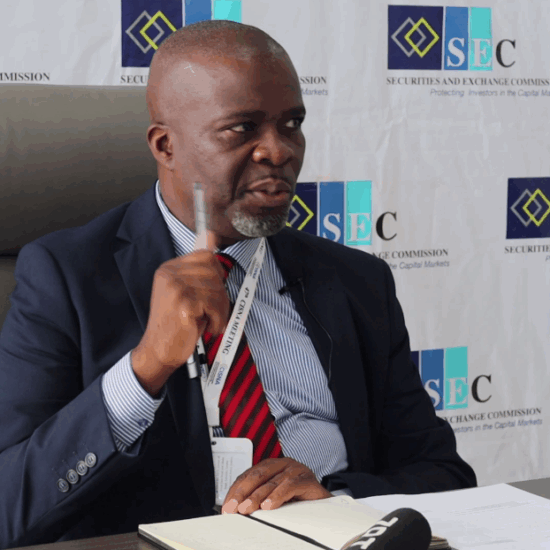
Zambia has enough resources and local but internationally renowned expertise that can solve the external debt challenge without the need of getting on an International Monetary Fund – IMF extended credit facility. This follows indications that the new UPND government is set to sign up and get the country on an IMF bail out package.
Patriots for Economic Progress – PeP President Sean Tembo who is also a financial expert has indicated that if the tax leakages were sealed, the country would not need to go for an International Monetary Fund (IMF) programme as it will be able to meet its debt obligations with the available resources. He said PEP was not in support of the country being put on an IMF programme because of its implications on the general economic management.
Tembo explained that when a country subscribes to an IMF programme, it commits itself to run the economy in accordance with the IMF conditions of which some of them were retrogressive. “When you subscribe to an IMF programme you are basically committing yourselves to run your economy in accordance with the IMF conditionalities.
An IMF programme can run anywhere from 12 to 60 months and what you are essentially saying is that during the period of the IMF programme, you are going to handover the running of the economy to the IMF,” he said.
Tembo said, “When you look at the conditions for an IMF programme, you will realise that some are very retrogressive to the proper administration of an economy especially a developing economy.
He said the IMF believes in running the economy as if you are running a private profit seeking company, but you cannot run a nation like that because there are other social considerations that you need to put onboard.
He said for example, if the country goes on an IMF programme, it would mean that some Government programmes such as the social cash transfer and the farmer input support programme (FISP) would have to be discontinued as a requirement of the IMF.
Tembo said some of the conditions might be that you fully or partially privatize parastatal entities that are loss making among others.
“So if you look at those conditions and were we are, it would not be a good idea measure to implement because when you look at things like social cash transfer. And when you look at how the IMF disburses funds, you realise that they do not disburse the money as a lamp some, they disburse in small instalments based on your meeting their conditions,” he said.
Tembo indicated that, “When you look at money that comes in installments, as a nation there is very little you can do with it, you cannot even refinance your external debt such as the Eurobond. So government may end up spending that money on other things like recurrent expenditure and you find that you remain with the huge IMF loan, which needs to be repaid back because it is a loan and yet you fail to point at what you used that money for.
“If you look at our country’s challenge, you realise that there is largely over borrowing and so if our biggest problem is over-borrowing, then how can the solution to that borrowing be additional borrowing even if that additional borrowing is from IMF, it simply does not make sense.
“We are hopeful that the new government will not go the IMF way because such a root is retrogressive,” he added.
Concerns are now being resounded on the pros and cons of getting on an IMF program. Zambia has had a difficult historical relationship with the fund following the hard experiences during the Structural Adjustment Program – SAP implemented in the late 1980’s which eventually resulted in social and harsh economic challenges for ordinary Zambians.
Indications are that the IMF has since reformed from the proscription based SAP era but it still remains to be seen if their programs actually benefit the ordinary citizens of the countries that get on their programs. Other experts have called on the country to put together a well trained and experienced negotiations team from Zambia to ensure that the program if gotten, is fit for purpose.







